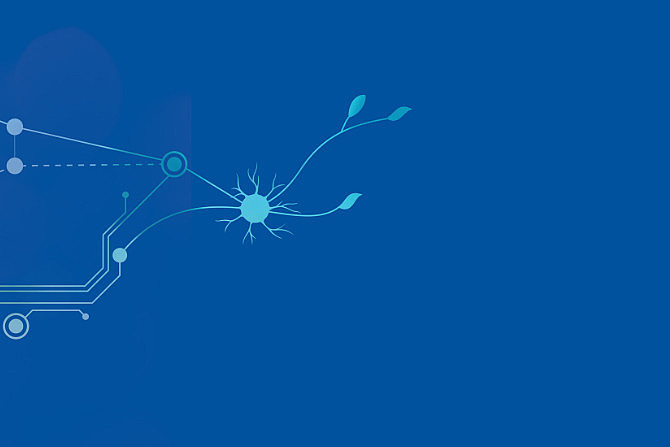CD Laboratory for Digital Twin for Distributed Parameter Systems
Head of research unit
Commercial Partner
Duration
Thematic Cluster
![[Translate to English:] [Translate to English:]](/fileadmin/_processed_/6/1/csm_iStock_000010528846__c__Daft_Lion_Studio_d09724a377.jpg)
A digital twin is a virtual representation of a physical system that is connected to it in real time via sensors. This CD Laboratory researches digital twins of complex systems with conditions heterogeneously distributed in space, e.g. fuel cells and batteries in automobiles, electrolysers and elastomer extrusion processes.
Damage in a fuel cell or battery is always triggered locally. Similarly, product quality in an extrusion process depends crucially on the local temperature and pressure distribution. This means that the conditions or parameters in the system must be recorded with a network of sensors in such a way that local processes can be recorded and mathematically described in sufficient complexity. With the help of this data, a virtual model of the system is parameterised and continuously updated. This virtual model is called a digital twin. This CD Laboratory is researching all steps of this complex interplay.
It is investigating in situ sensor technology and possible soft sensors to optimise process monitoring. Another focus is the ability of digital twins to learn and adapt over time. The more data that is collected and analysed, the more accurate the digital twin can become and the more valuable insights it can provide into system performance. This enables continuous optimisation and improvement, leading to greater efficiency and cost savings over time.
A third major area of work is the development of methods for effectively monitoring system performance. This includes, for example, identifying and monitoring stressors for the various components. On the basis of these methods, the development of forecasts for life expectancy or product quality is to be tackled. So-called distributed condition monitors enable more precise modelling of the physical system. They can predict faults or anomalies in the physical system at an early stage, thus enabling proactive maintenance. They can also facilitate real-time system optimisation.
Christian Doppler Forschungsgesellschaft
Boltzmanngasse 20/1/3 | 1090 Wien | Tel: +43 1 5042205 | Fax: +43 1 5042205-20 | office@cdg.ac.at


